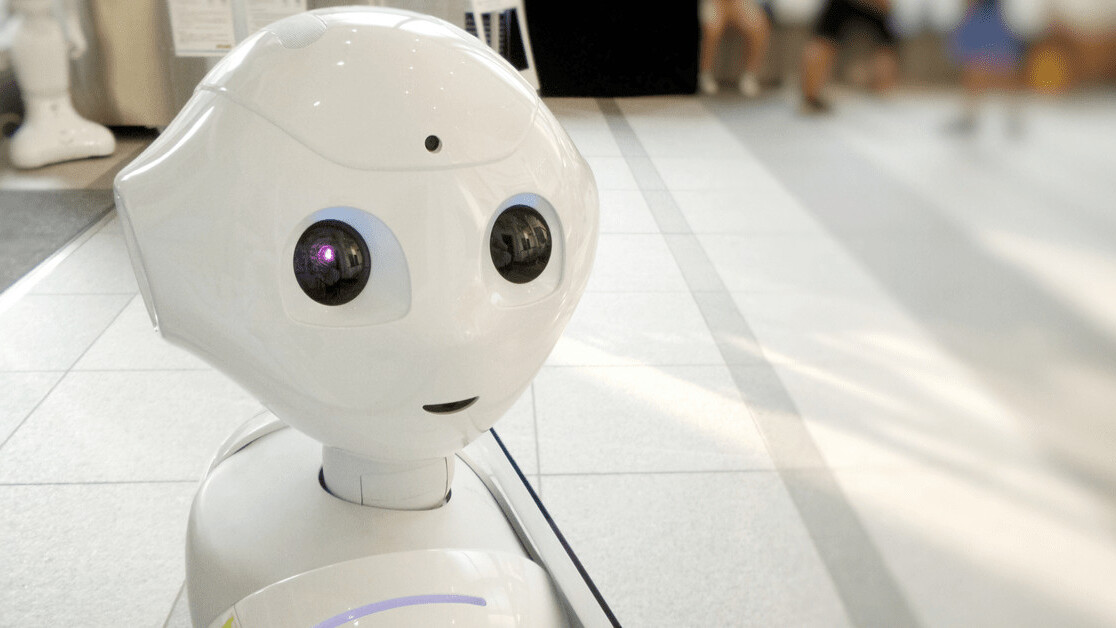
The main worries surrounding artificial intelligence (AI) and its future is how one day, it’ll prove to be the biggest job-killing technology of all-time, or worse even, the autonomous bots will group together and wipe out the human race completely. We’re still waiting for hard evidence on how this might happen, but meanwhile in China, a study found that 88 percent of workers have more trust in robots than their human managers.
The study, which was published on Tuesday by the US software company Oracle and the research firm Future Workplace, polled 8,370 employees, managers, and human resources workers in 10 countries from July to August of this year. Its findings revealed that China’s trust level of robots in the workplace is well above the global average, with about two thirds of workers admitting they feel optimistic about having a robot co-worker.
“Over the past two years, we’ve found that workers have become more optimistic as they’ve adopted more AI in the workplace,” Dan Schawbel, Research Director at Future Workplace said in a statement. “This study shows that AI is redefining not only the relationship between worker and manager, but also the role of a manager in an AI-driven workplace. Based on the findings, managers will remain relevant in the future if they focus on being human and using their soft skills, while leaving the technical skills and routine tasks to robots.”
While being optimistic about AI entering the workforce isn’t necessarily unfounded, the study did show a trend that might prove problematic: 26 percent of participants trust AI to offer unbiased information.
AI’s role in perpetrating bias
AI is created and trained by human developers, and the global software developer industry is currently made up of just 27.5 percent women. As women are grossly underrepresented in the tech industry, it’s inevitable that AI testings are at risk to gender bias.
We’ve already seen this happen with the industry-leading voice assistants including Apple’s Siri and Amazon’s Alexa. These assistants were given female names and voices by default and made to be of assistance, which perpetuates the harmful gender bias that suggests women should be there to assist rather than be assisted.
However, we’ve also seen AI work to tackle gender bias in the workplace. Textio, an AI-powered writing-enhancement service that analyzes job descriptions, helps employers and HR professionals to write gender-neutral job ads by highlighting words and phrases that would deter women from applying. For example, a job ad would be considered more ‘masculine’ if it included words like ‘ninja,’ ‘competitive,’ and ‘dominate.’
The survey findings on AI in the workforce come at a time when AI is being used more than ever in the workplace — almost half of the participants said they use some form of AI in their everyday work. Although Hollywood movies and media have people fearing robots, a quarter of respondents said their relationship with AI at work was ‘loving and gratifying.’
While there’s no denying that a lot of workplaces could benefit from the helping hand of a bot — for administrative tasks and problem solving — we shouldn’t blindly rely on AI to improve the workplace. We need to question how it was created, developed, and whether its been trained by mainly one demographic. For everyone to benefit from AI, a more diverse team should be behind the wheel of creating this technology — then we can start trusting it.
Get the TNW newsletter
Get the most important tech news in your inbox each week.




